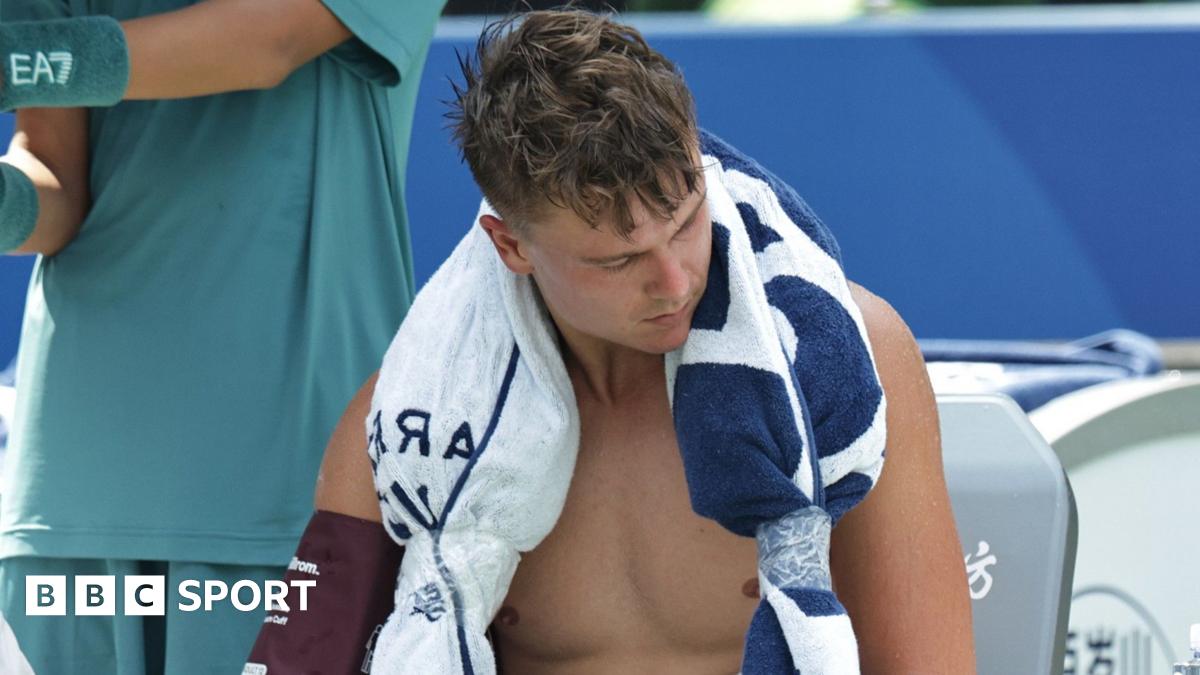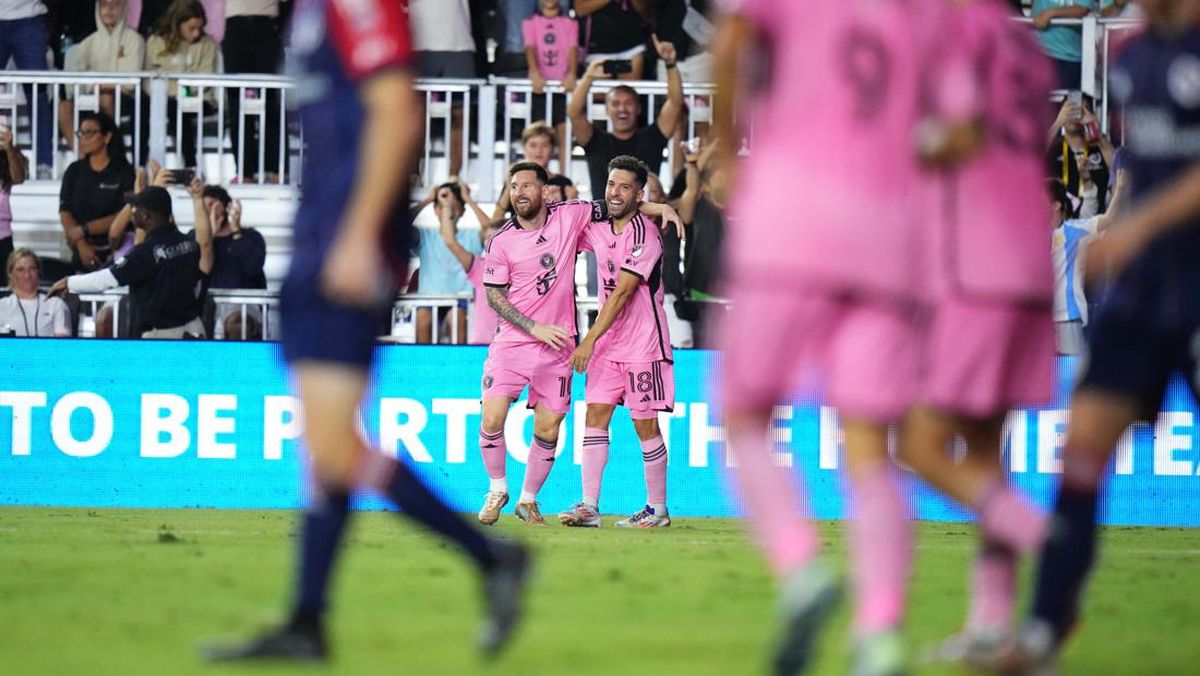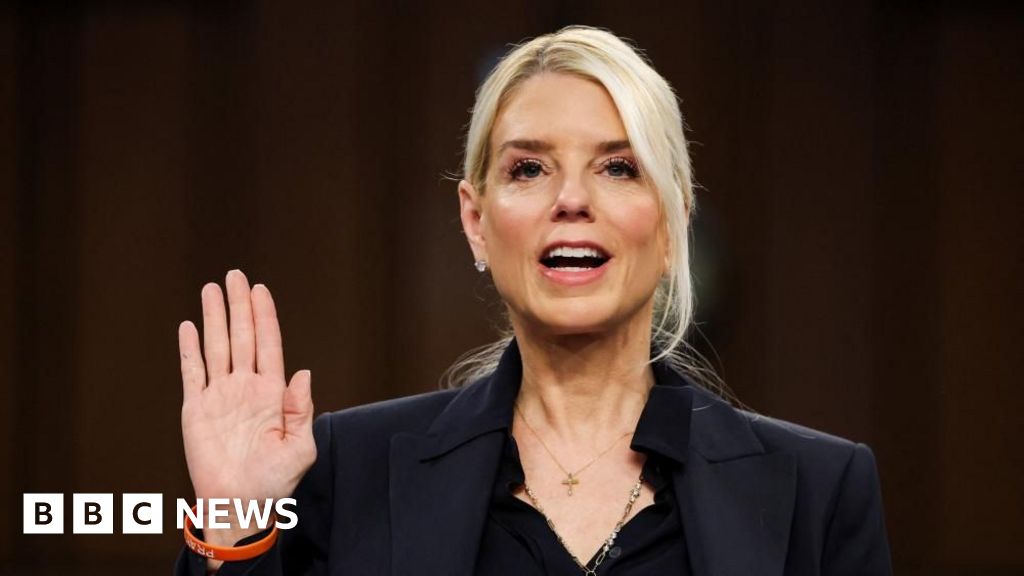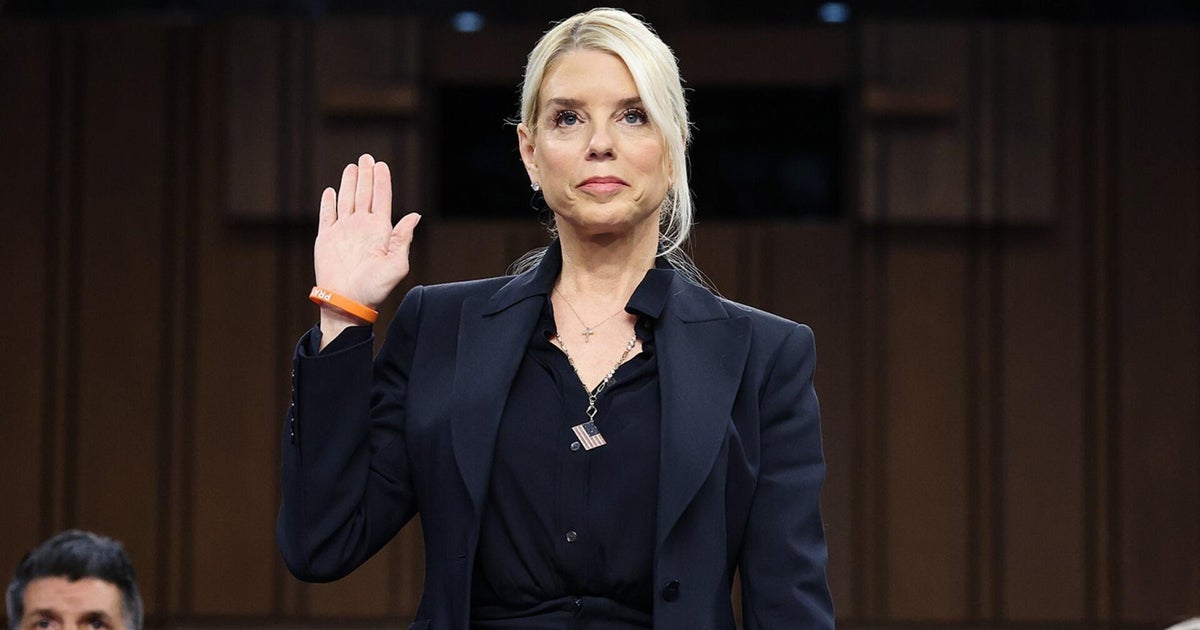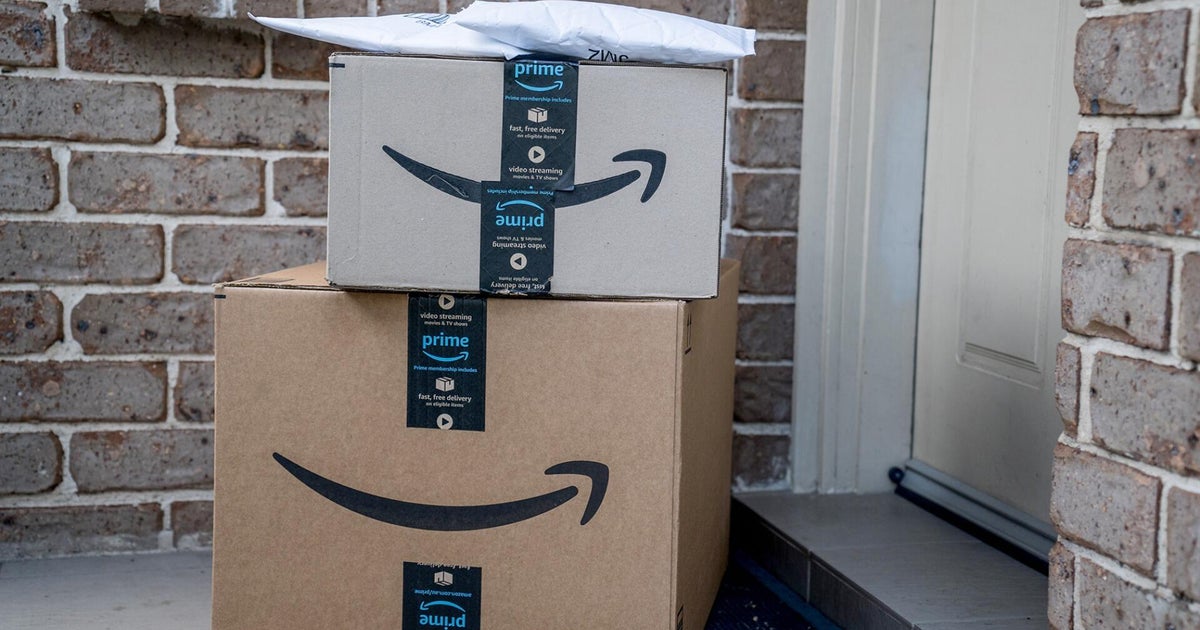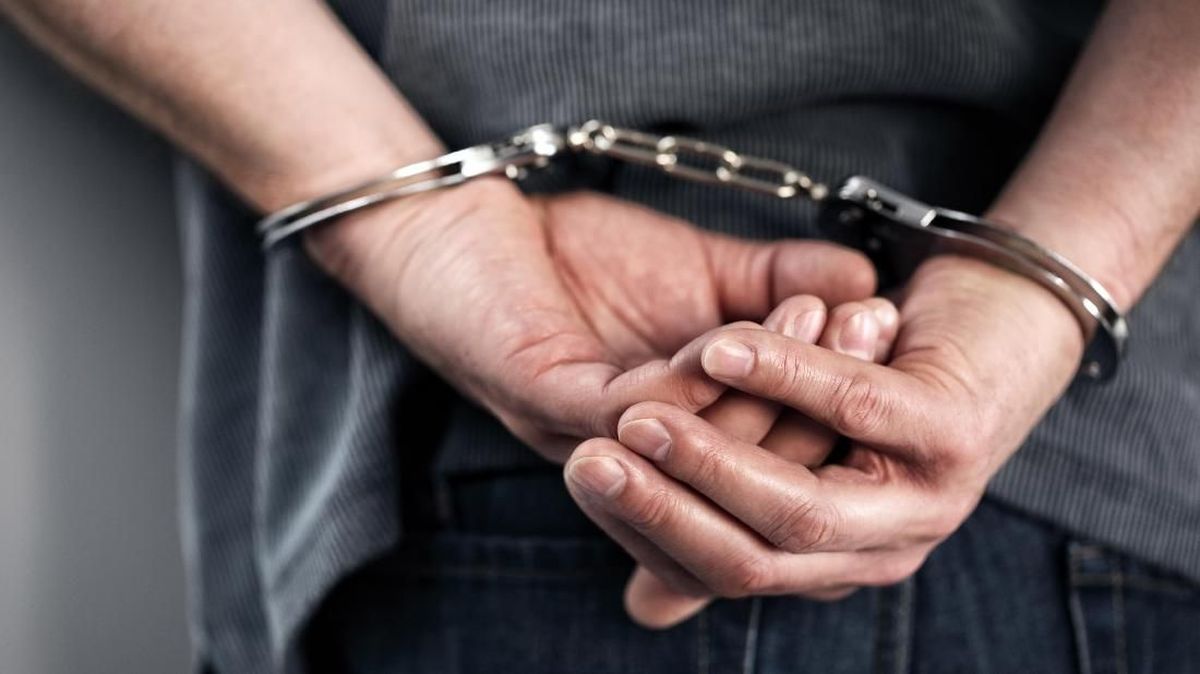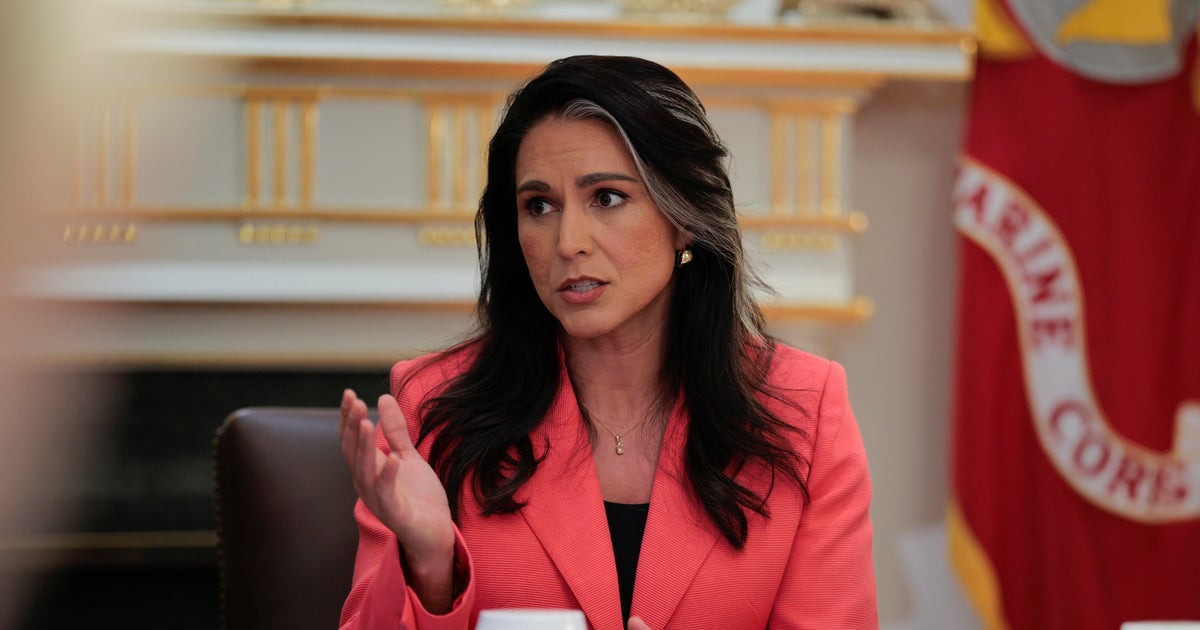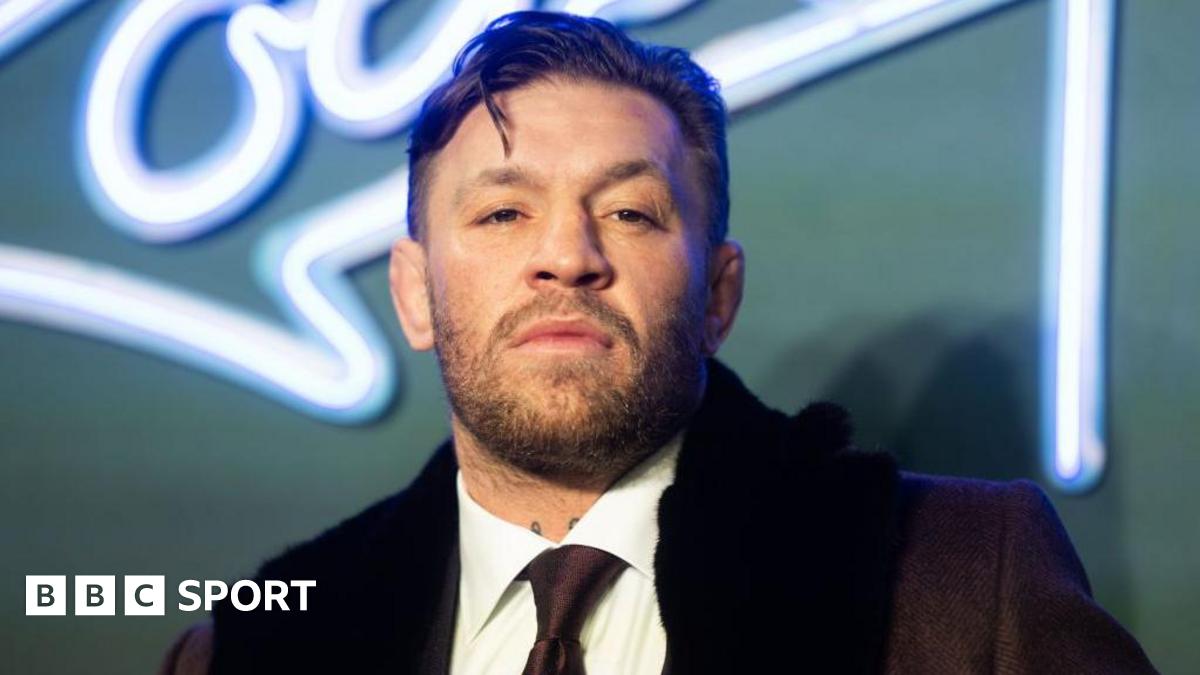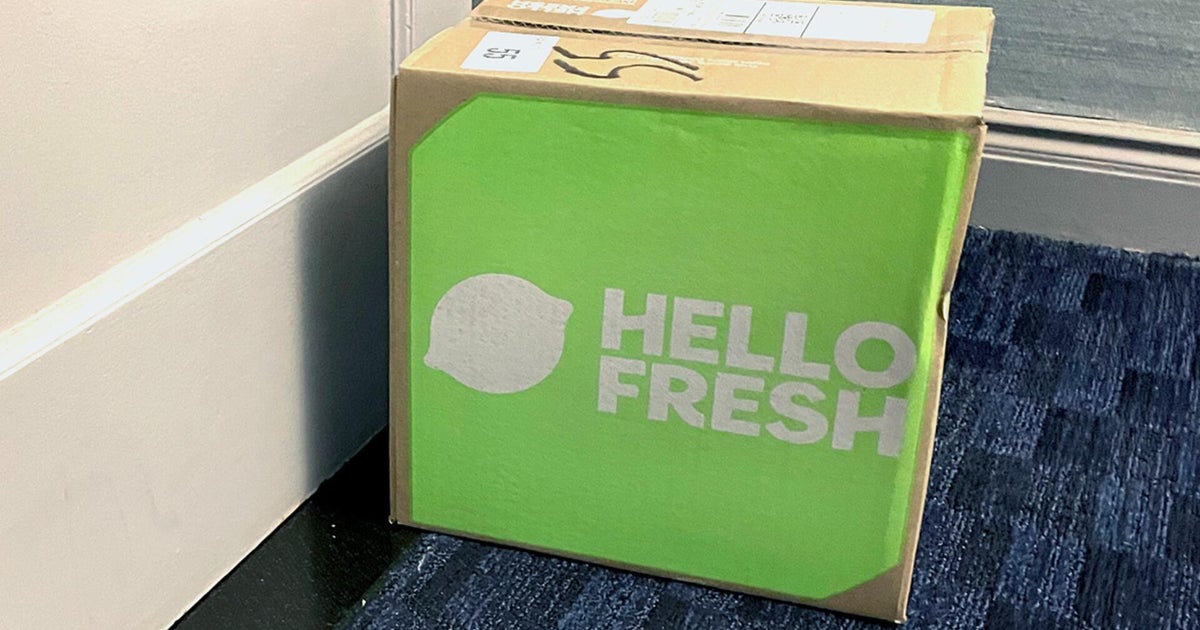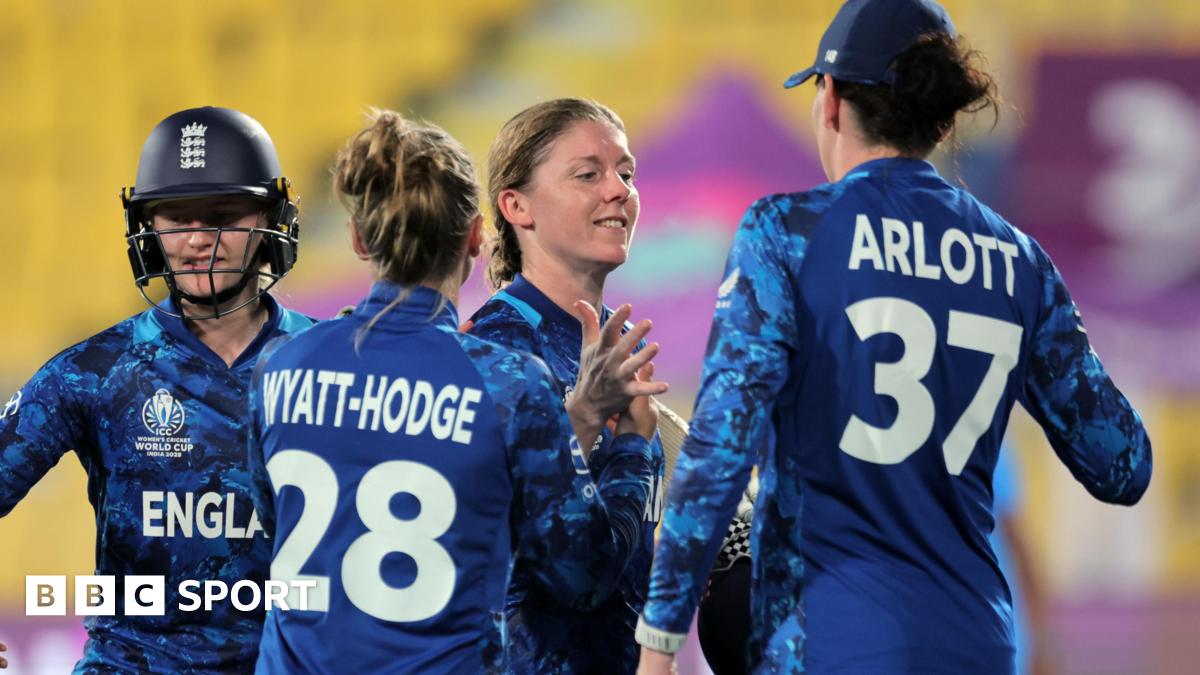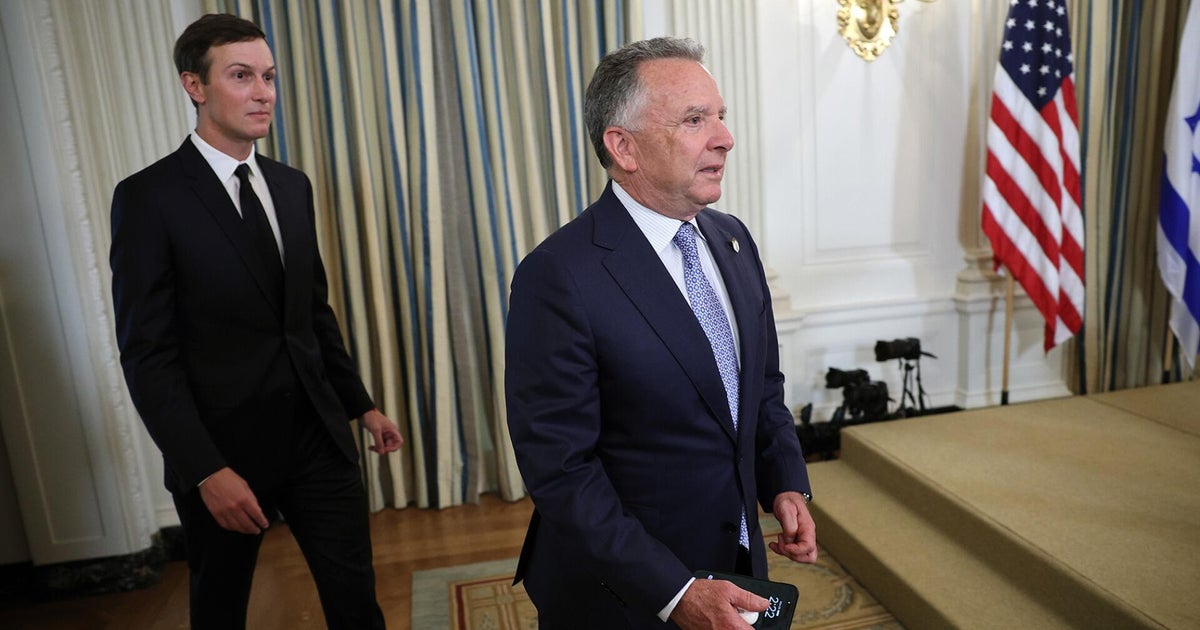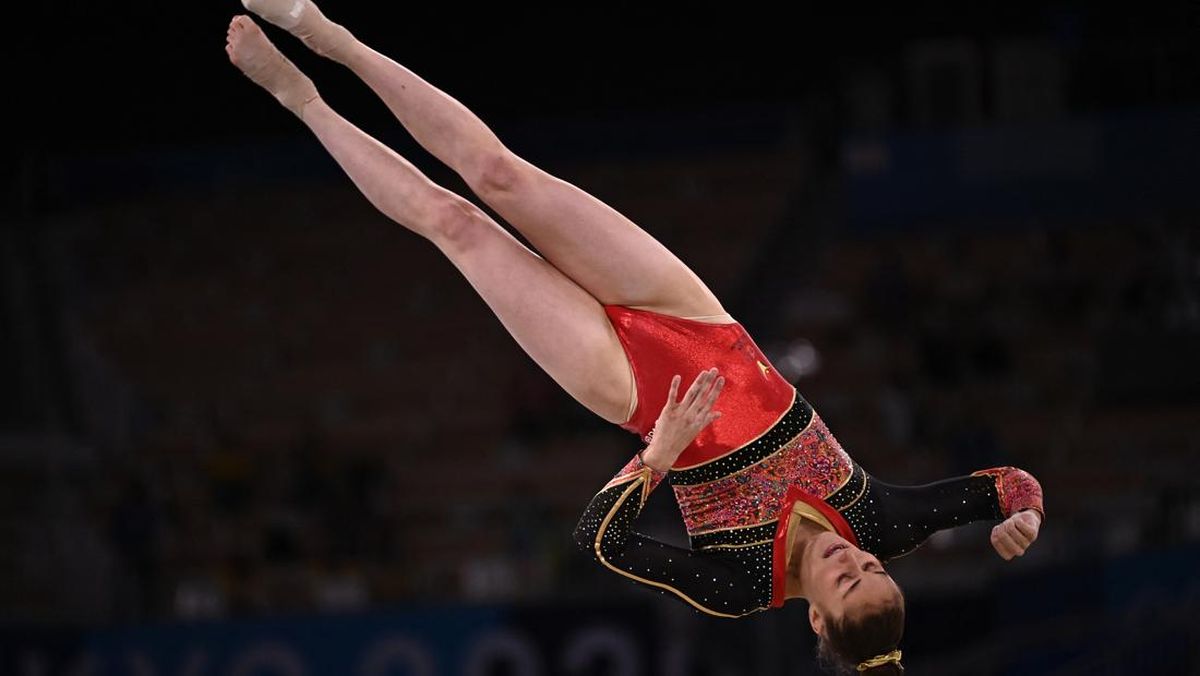Indian authorities are probing Chinese dumping, according to Bloomberg, and Indonesia recently pledged to get on top of Chinese sellers spruiking jeans for as little as US80¢.
Vietnam has created a glut in the textiles sector, and Farrell said overproduction was a “worldwide issue” not isolated to China.
Farrell aired his concerns about oversupply as he tries to land a free-trade deal with the European Union – a key rival to China in the car market – and lays the groundwork for Albanese to have a successful meeting with Trump, an EV sceptic who campaigned to protect the US from “the threat of Chinese automobiles”.
However, Farrell has also been at the forefront of negotiations with China over the past three years to restore trade ties.
Lowy Institute senior fellow Richard McGregor said: “Australia doesn’t want to be at the forefront of anti-China trade measures, but if we prosecute the case through a regional setting with partners then that is much more preferable.”

Trade Minister Don Farrell.Credit: Alex Ellinghausen
“The big game is to make the WTO an effective organisation with teeth that can manage both China and the US.”
“Washington is unhappy that Australia isn’t more publicly critical of Chinese economic practices, like overproduction, which they say is destroying industry in the US and Europe, and thus weakening like-minded countries around the world.
“They want us to be outspoken on their side. But that runs against our institutional interest in saving the WTO. And who seriously can be aligned with the Trump administration on trade policy anyway?”
McGregor said ASEAN nations were starting to collaborate to defend trade in the wake of Trump’s tariffs, with Malaysia chairing a new working group aimed at upholding free-trade norms.
Trump has threatened to walk away from the World Trade Organisation as the US has long complained that the organisation cannot hold China to account.
McGregor said Australia’s response to concern about the organisation’s clout was to reform the body rather than abandon it, and the ASEAN trade ministers Farrell met last week in Kuala Lumpur were ideal partners in the campaign.
Australia’s recently departed OECD representative, Brendan Pearson, said the WTO did not have sufficient power to clamp down on China’s huge subsidies, and he doubted any push to strengthen protections would succeed given China’s influential role in the organisation.
Pearson said new OECD figures showed China was subsidising its key sectors at 10 times the rate of the average OECD member. The report estimates that China could control 45 per cent of global manufacturing by 2030.
“That’s a degree of dominance that hasn’t been seen for a very, very long time,” he said, warning about China’s ability to bully other nations via its control of critical sectors. “China subsidises its industry at a scale no country can possibly match.”
While Australia’s last car factory closed eight years ago and there are no plans to revive that industry, Pearson said it made sense for the Albanese government to line up with allies in the EU, US and Japan on their automobile industry concerns.
Pearson pointed to the financial troubles at Mount Isa’s copper smelter as an example of how China’s industry subsidies could hurt Australian industry.
Levelling the playing field in the auto sector would in the long run allow more EVs from European firms, which are subject to both a luxury car tax and a 5 per cent tax incurred because Australia does not have a free-trade agreement with the EU.
Cut through the noise of federal politics with news, views and expert analysis. Subscribers can sign up to our weekly Inside Politics newsletter.


